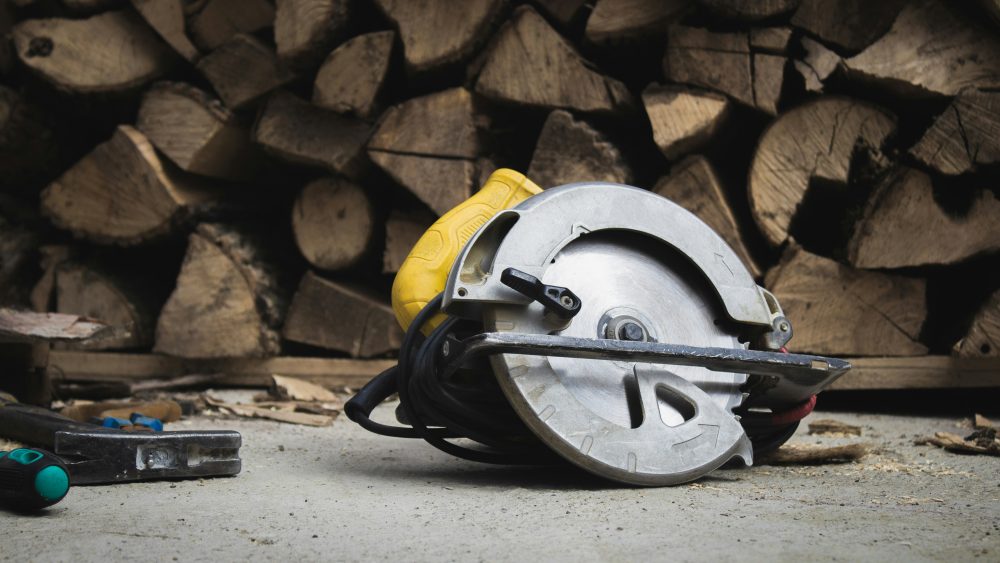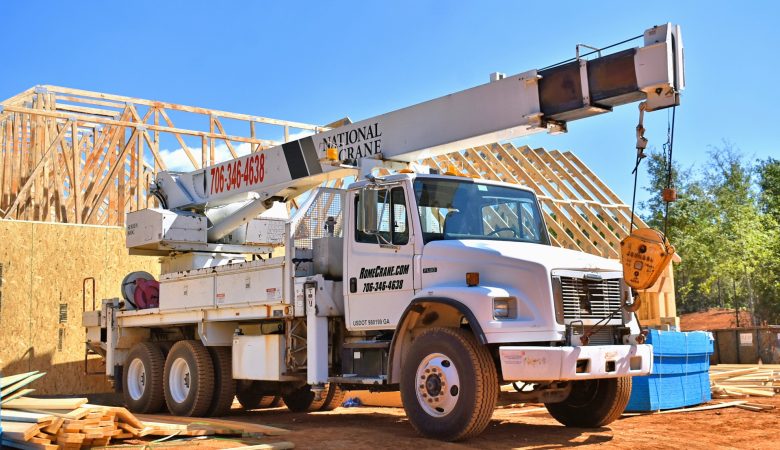When operating a woodshop, whether it’s a quaint family-run business or a large-scale production facility, the right industrial woodworking machinery is crucial for meeting production quotas efficiently. This comprehensive guide delves into the most effective tools every woodworker should consider streamlining operations and enhance product quality.
Understanding the Role of Industrial Woodworking Machines
The backbone of any productive woodshop includes several key pieces of machinery, each serving a specific function that can transform raw wood into fine products. Here’s a closer look at these indispensable tools:
Dust Collectors
A fundamental yet often underestimated tool, the dust collector plays a vital role in maintaining clean air and minimising health risks in woodshops. Efficient dust collectors not only capture wood dust and debris through advanced filtration systems but also help woodshops meet safety standards set by the Occupational Safety and Health Administration (OSHA). Features to consider include increased surface area for enhanced airflow and pneumatically controlled waste bins for easy maintenance.
Bandsaws
Bandsaws are pivotal for their versatility, capable of sawing thick lumber into various shapes and sizes. Ideal for intricate cuts, these machines come equipped with features like adjustable angles and fences, making them suitable for a range of woodworking tasks from rip cuts to complex curves. Durability is key; thus, selecting a bandsaw with a robust cabinet design that reduces vibration is essential.
Jointers
Essential for achieving smooth, flat edges, jointers facilitate the seamless joining of wood planks. High-capacity industrial jointers, significantly wider than standard models, allow for handling larger boards, essential for diverse woodworking projects. Look for models featuring German carbide knives and parallelogram adjusters for superior precision and stability.
Edge Banders
For woodshops working with plywood, particleboard, or fibreboard, edge banders are indispensable for applying a smooth finish to rough edges. Modern edge banders use hot-melt adhesives for quick and efficient bonding, significantly speeding up production compared to manual methods. Features like automatic trimming and buffing ensure high-quality finishes, suitable for high-volume cabinet making.
Panel Saws
Panel saws are crucial for cutting large sheets of wood into smaller, manageable pieces. These machines are designed to handle various materials with precision, equipped with features such as scoring blades to prevent chipping and adjustable guards for quick job transitions. Their ability to process a wide range of sheet materials makes them a staple in any woodshop.
Planers
Planers are key to achieving uniform thickness in wood processing, vital for shops handling full-sized boards. With features that facilitate single-pass processing, industrial planers save time and enhance efficiency, making them invaluable in any high-volume woodworking setup.
Shapers
When it comes to detailed woodworking, shapers are essential. These machines utilise rotating cutting tools to create intricate designs, perfect for custom furniture pieces or detailed cabinet doors. Minimal tooling and maintenance are added advantages, providing longevity and reliability.
Super Brushes
Super brushes elevate the finishing process by smoothing and polishing wood surfaces. These machines are adaptable to a variety of materials and can perform multiple sanding tasks, from profile to sealer sanding. Their versatility makes them a valuable addition to any woodshop focused on quality finishes.
Table Saws
A robust table saw is fundamental for daily operations in a woodshop. Industrial grade table saws, designed for heavy use, minimise maintenance and enhance productivity. Features such as overhead controls and automatic lubrication systems are important for ease of use and longevity.
Wide Belt Sanders
For large-scale sanding tasks, wide belt sanders are essential. These machines enable woodshops to handle everything from initial rough sanding to fine finishing, thanks to features like multiple rollers and adjustable feed speeds. The ability to adjust to different product sizes and types is crucial for maintaining flexibility in production schedules.
Selecting the right industrial woodworking machinery can dramatically increase efficiency and output in any woodshop. By understanding the specific functions and benefits of each machine, woodshop owners can make informed decisions that streamline operations, improve safety, and enhance the quality of finished products. Remember, the key to successful woodworking lies not only in skill but also in the tools that bring creativity to life.




